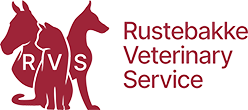Here’s what typically happens during an equine wellness appointment:

Physical Examination
Vaccinations
Dental Care

Parasite Control

Hoof Care

Nutritional Counseling

Weight
Management

Routine Blood Work & Diagnostics

Joint & Musculoskeletal Evaluation



